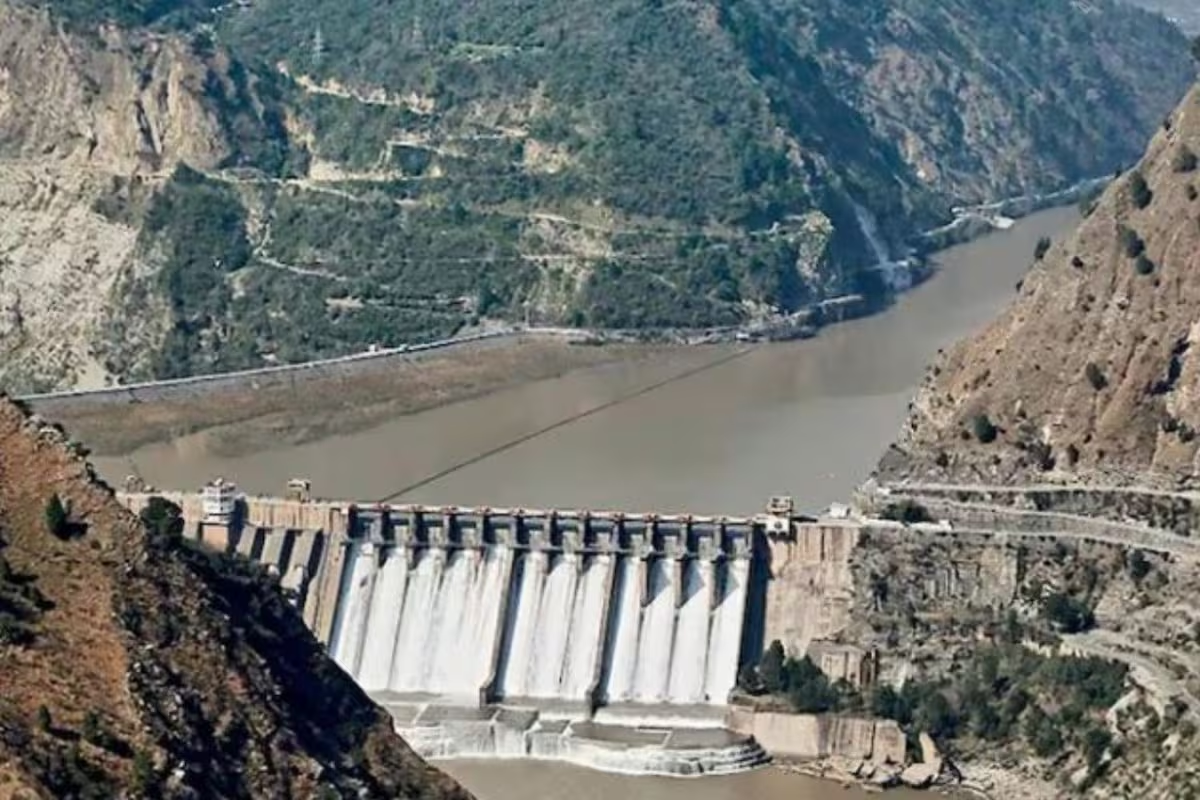Pakistan has welcomed a ruling by the Permanent Court of Arbitration (PCA) on the Indus Waters Treaty (IWT), which interprets design criteria for India’s planned run-of-river hydropower projects on the Chenab, Jhelum, and Indus rivers. Islamabad claims the decision reinforces its stance on the treaty. India, however, has rejected the court’s jurisdiction, insisting on resolving issues through the treaty’s neutral expert mechanism.
The PCA reportedly stated that India must allow the flow of Western Rivers for Pakistan’s use, with exceptions for hydropower generation strictly adhering to treaty provisions. Pakistan’s Foreign Office emphasized that India must follow treaty requirements rather than “ideal” or “best practices” standards.
India has maintained that the World Bank’s 2022 decision to activate both a neutral expert and the Court of Arbitration simultaneously was unacceptable, citing practical and legal challenges. New Delhi has also linked the suspension of treaty implementation to Pakistan’s failure to take credible action against cross-border terrorism, following the April 2025 Pahalgam terror attack.
The latest ruling comes amid heightened tensions, including nuclear warnings from Pakistan Army Chief Gen Asim Munir, who threatened destruction of Indian infrastructure in response to reduced water flows, and Prime Minister Shehbaz Sharif, who called water Pakistan’s lifeline and pledged not to compromise treaty rights.
The Indus Waters Treaty, signed in 1960 and mediated by the World Bank, allocates control of the western rivers, Indus, Jhelum, and Chenab, to Pakistan, while India has rights over the eastern rivers, Ravi, Beas, and Sutlej. Despite decades of conflict, the treaty has largely endured, though it has faced criticism in India for favoring Pakistan even as cross-border terrorism persists.













